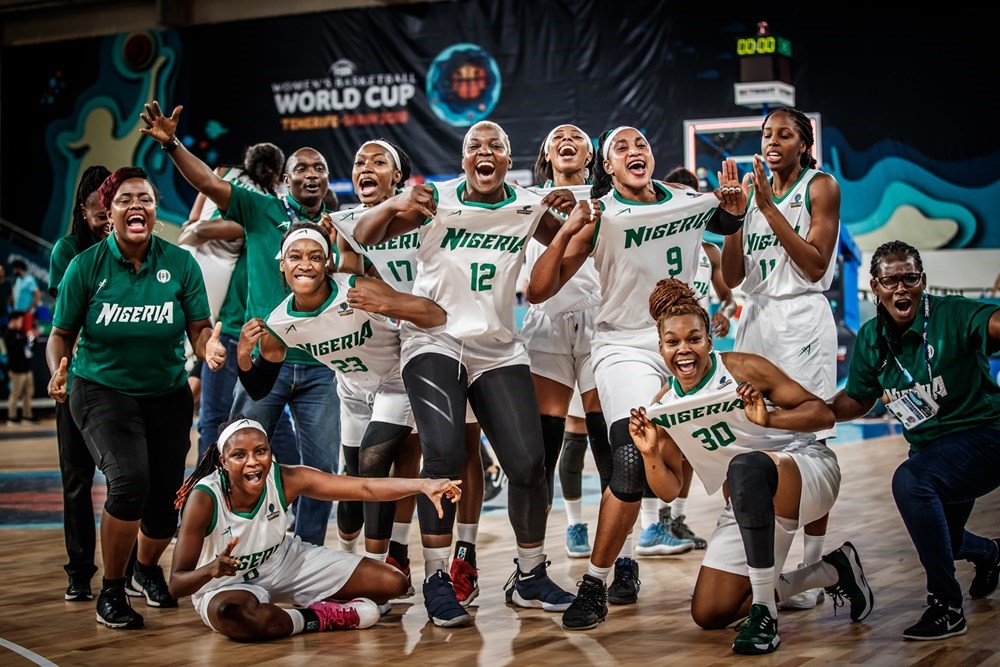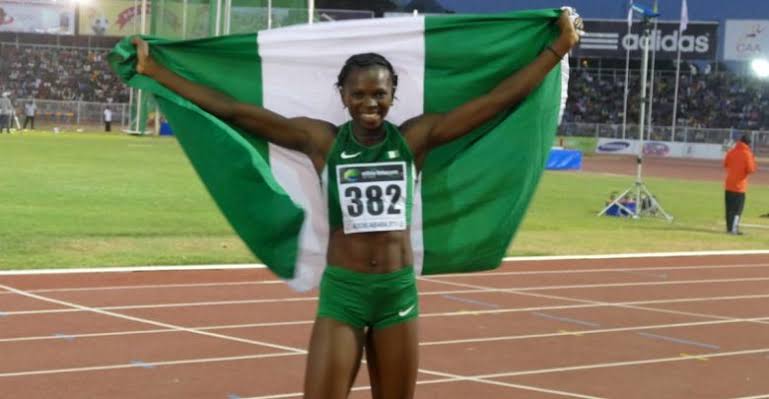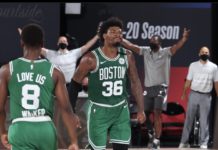
Like every nation will note, it is incredibly difficult, sometimes, downright impossible to have a sporting year of uninterrupted, unfiltered excellence across board or even in an area of sport. As it is, Nigeria is no exception.
This has been an amazing year all
Nigeria is a football-mad nation, as such; little media coverage is dedicated to the sport which hasn’t particularly excelled in recent years – oh, that applies only when you consider the Men’s National Football team – Super Eagles, the flag bearer of Nigeria’s football and by extension, sports.
In that light, we will begin by reviewing some of the Nation’s most successful sports in the year in review and this piece will be published in two different parts.
ATHELETICS (Track and Field)
Tracks and field itself have recorded a measure of success in 2018. Individually, the nation produced new stars at the Commonwealth Games in Australia in April, and then it went two steps higher by hosting the African Athletics Championships in Asaba in July before capping it with the National Sports Festival earlier in December.
HIGH POINTS
Overall, athletics thrived; Chukwuebuka Enekwechi, who only just made his international debut a year ago, was a shining light.
Chukwuebuka won silver in shot put at his maiden Commonwealth games only beaten by current World Champion Tom Walsh, and then he followed that up with new record throws including a lifetime’s best of 21.22m in Brazil during the Cork City Sports Invitational.
Although the Commonwealth G
Other Notable mentions: Tobiloba Amusan, Joy Udo-Gabriel, Ese Brume, Divine Oduduru, Blessing Okagbare, Seye Ogunlewe, Yinka Ajayi, Abejoye Oyeniyi.
The return of the national sports festival, however poor, definitely scores high in my books.
For six years, athletes had been denied the platform to compete against the best in the nation.
So, witnessing upsets such as the defeat of Segun Toriola and Funke Oshonaike in Table Tennis Mixed-doubles made it worth the while again.
LOW POINTS
Administration wise, the nation hung somewhere in the middle. The continental embarrassment suffered for putting up shoddy hosting.
Asaba wasn’t ready, logistics was poor, journalists didn’t have a proper workstation at the stadium, international athletes spent ungodly hours at the international airport in Lagos, and there wasn’t adequate accommodation for athletes and officials.
The floodlight at the stadium wasn’t working properly at first, and then there was the unforced collapse of the water tank destroying cars and a part of the stadium fence.
An otherwise thrilling championship was marred by the ineptitude of the Local Organizing Committee (LOC) who resulted
BASKETBALL
This sport is witnessing arguably the best moments in its history in Nigeria.
By the time we look back to 2015 – when it all began – and stretch this forward what we will have will be either a very successful era or the turning point. Either way, basketball has delivered in 2018.
HIGH POINTS
D’Tigress; the female national basketball team couldn’t stop outdoing themselves; having won the Afrobasket Women in 2017 and sealed qualification to the World Cup in Spain, they defied odds until they faced the United States in the quarter-final.
The girls had gone to the World Cup, having never won a game at that stage.
By the time the World Cup ended, they had won four and emerged as the eighth best team at the World Cup, their remarkable progress ended by a far superior USA who knew how to halt the winning streak the girls were riding on and went on to win the World Cup themselves.
D’Tigress set an African record in the process, surpassing all expectations by the feat.
In like manner, D’Tigers who recently lost their continental crown to Tunisia in a pulsating final last year qualified for the 2019 FIBA World Cup in style; becoming the first the first African side to qualify and they did this undefeated, a run of eight games.
LOW POINTS
Despite the remarkable feats and new heights being conquered both nationally and on the international front, the NBBF has been divided for the entirety of the year with a faction managing the affairs of the federation on
For one, FIBA’s stance has been rather shocking and the fact that an entire year has passed without these issues being resolved has put a dent on what should have been an outstanding year in the sport.











